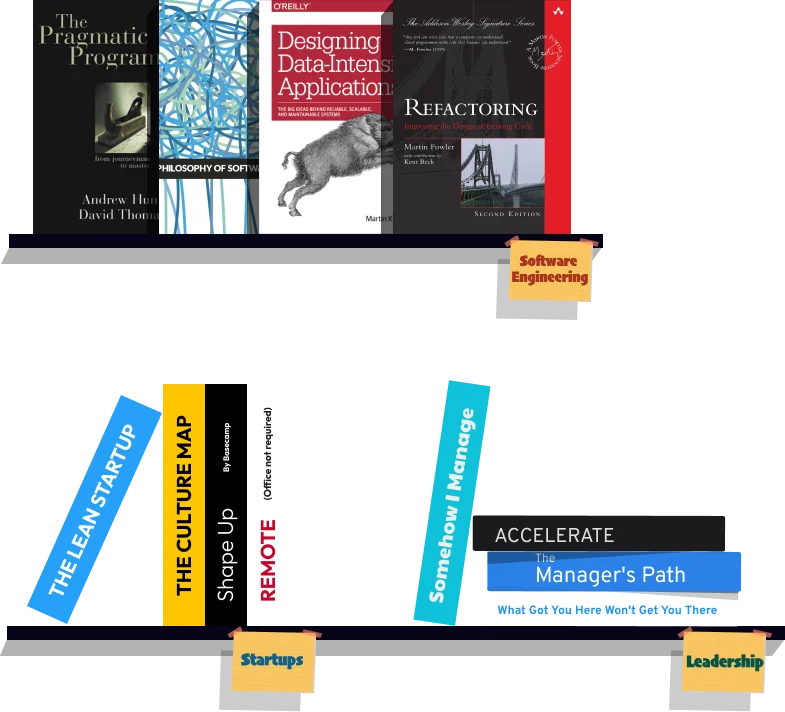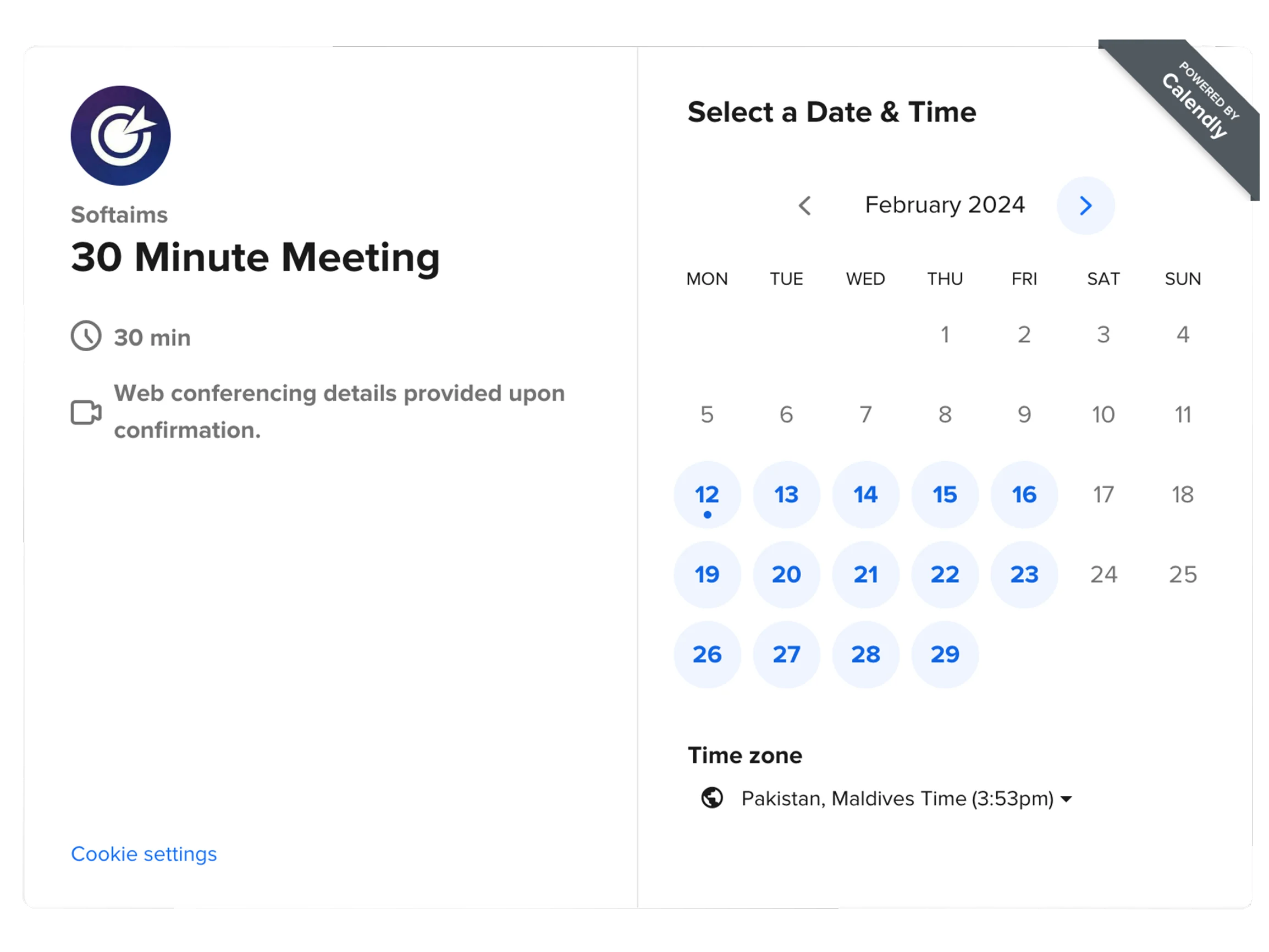The Art and Science of Visual Web Development
A developer with strong CSS (Cascading Style Sheets) skills is a front-end engineer who is a true visual architect of the web. They are responsible for taking a static design and bringing it to life in the browser, controlling the layout, typography, color, and interactivity of a website or web application.

Hiring for this skill means finding a professional who understands that great design is about more than just aesthetics; it's about creating a user experience that is intuitive, accessible, and performant. Their expertise is fundamental to building a high-quality, professional, and engaging digital product that delights users and represents a brand effectively.
Foundational CSS Selectors and The Cascade
The foundation of all CSS proficiency rests on a solid and deep understanding of its core principles. A candidate must have an expert-level grasp of CSS selectors, specificity, inheritance, and the cascade. They should be able to instantly know how to target a specific element and be able to predict how styles will be applied and overwritten.
A deep knowledge of the box model (margin, border, padding, content) is equally non-negotiable, as it is the fundamental building block of all layout on the web. Without a mastery of these core concepts, a developer cannot build a reliable or maintainable stylesheet.
Modern Layout Techniques Flexbox and Grid
The days of float-based hacks for layout are long gone. A modern CSS developer must be an expert in the two powerful layout modules that define modern web design: Flexbox for one-dimensional layouts (like aligning items in a navigation bar) and CSS Grid for two-dimensional layouts (like the overall page structure).
They should be able to create complex, responsive, and robust UIs with these tools, with a deep understanding of properties like justify-content, align-items, and grid-template-columns. The ability to choose the right tool for the right job is a key indicator of their skill and experience.
Responsive Design and Media Queries
Building for a multi-device world is an essential skill. A candidate must demonstrate a mastery of writing mobile-first responsive designs using media queries (e.g., @media (min-width: 768px) { ... }). They should be able to create fluid and flexible layouts that look and work perfectly on any screen size, from a small phone to a large desktop monitor.
This requires proficiency with relative units like em and rem, and viewport units like vw and vh. A developer who thinks in terms of flexible systems rather than fixed pixel values is a developer who can build a truly modern and adaptive web experience.
CSS Variables and Preprocessors
To write CSS that is scalable and maintainable, especially in a large project or a team environment, a developer must be proficient with modern tools and techniques. A key skill is expertise with native CSS Custom Properties (variables), which allow for the creation of dynamic and easily themable UIs.
Furthermore, extensive experience with a CSS preprocessor like Sass (using the SCSS syntax) is a common requirement for most professional roles. The ability to use Sass features like variables, mixins, and nesting to create a modular and DRY (Don't Repeat Yourself) codebase is crucial for managing the complexity of a large-scale design system.
Transitions and Animations
A great user interface provides feedback and feels alive, and a skilled CSS developer can achieve this with performant animations. They should be proficient with CSS transition for creating smooth state changes and the @keyframes rule for defining more complex, multi-step animation sequences.
Crucially, they must understand which CSS properties are performant to animate (primarily transform and opacity) to avoid causing "jank" or stuttering in the browser. These skills are essential for creating a polished and modern user experience that feels delightful to use.
CSS Architecture and Methodologies
Writing CSS for a large-scale application requires a systematic and disciplined approach to prevent the codebase from becoming a chaotic mess of conflicting styles. A candidate should be familiar with and have experience implementing a CSS methodology like BEM (Block, Element, Modifier) or a similar system.
These methodologies provide a set of conventions for naming and structuring CSS classes to make them modular, reusable, and predictable. Adherence to a consistent architecture is the hallmark of a professional developer who can write CSS that is easy for a large team to collaborate on and maintain over time.
Cross-Browser Compatibility and Debugging
Despite the significant improvements in browser standardization, subtle inconsistencies still exist. A developer must be a skilled detective, able to debug CSS issues using browser developer tools and ensure a consistent visual experience across all major browsers, including Chrome, Firefox, Safari, and Edge.
They should know how to troubleshoot common layout and styling bugs and be familiar with resources like Can I Use to check for browser support for new features. The ability to quickly identify and fix these rendering issues is an invaluable and highly practical skill.
Performance Optimization
CSS can have a significant impact on a web page's loading and rendering performance. An experienced developer will know how to optimize their CSS to ensure a fast and smooth user experience. This includes understanding the concept of render-blocking CSS and how to mitigate its effects.
They should be familiar with techniques like minifying their CSS files for production and, in more advanced scenarios, how to extract "critical CSS" to ensure that the most important styles for the above-the-fold content are loaded as quickly as possible. A focus on performance is a key part of a modern front-end role.
The Ever-Evolving CSS Landscape
CSS is a living language that is constantly evolving with exciting new features. A great candidate will show a genuine passion for their craft and a commitment to staying up-to-date with the latest developments. They should be aware of and have experimented with new and upcoming features.
Knowledge of modern features like container queries (@container), the :has() pseudo-class, and modern color spaces is a strong indicator of a forward-thinking developer who is not just stuck in the past. This curiosity and commitment to continuous learning are vital for a long-term, high-impact team member.
How Much Does It Cost to Hire a CSS Developer
The cost to hire a developer with expert CSS skills, typically a Front-End Developer, is based on their overall skill set, as CSS is a core competency but rarely a standalone role. The salary is influenced by their geographic location, their expertise in related technologies like JavaScript and modern frameworks, and their experience with design systems and accessibility.
Salaries in major tech hubs across North America and Western Europe are generally the highest. The following table provides an estimated average annual salary for a mid-level front-end developer where expert CSS skills are a primary requirement.
| Country |
Average Annual Salary (USD) |
| United States |
$95,000 |
| United Kingdom |
$65,000 |
| Germany |
$62,000 |
| Canada |
$75,000 |
| Australia |
$72,000 |
| Poland |
$45,000 |
| Ukraine |
$40,000 |
| India |
$25,000 |
| Brazil |
$35,000 |
| Spain |
$50,000 |
When to Hire Dedicated CSS Developers Versus Freelance CSS Developers
Hiring a dedicated developer with strong CSS skills is the standard choice for any company that is continuously building and maintaining a web presence. A dedicated team member can take ownership of the application's design system, ensure visual consistency across all features, and evolve the styling architecture as the product grows.
Hiring a freelance CSS expert is a highly effective tactical decision for specific, short-term projects. This is an ideal model for converting a set of design files into a high-quality HTML/CSS template, refactoring a messy legacy stylesheet, or creating the styling for a new marketing website. Freelancers can provide a burst of specialized visual expertise.
Why Do Companies Hire CSS Developers
Companies hire developers with strong CSS skills because the visual presentation and usability of their website or application are critical to their success. A great user interface, which is built with CSS, can directly impact user engagement, brand perception, and conversion rates. A poorly styled site, on the other hand, can make a company look unprofessional and untrustworthy.
While it may seem simple on the surface, a deep expertise in modern, scalable, and performant CSS is what separates a high-quality digital product from a mediocre one. Companies hire for this skill to ensure that their digital storefront is not only beautiful but also accessible, responsive, and a pleasure to use for every single visitor.
In conclusion, hiring a top-tier CSS developer requires looking for a professional who is a unique blend of a meticulous designer and a disciplined engineer. The ideal candidate will have a mastery of modern layout techniques, a deep commitment to writing scalable and maintainable CSS architecture, and a passionate focus on performance and accessibility. By prioritizing these skills, organizations can build teams that craft truly exceptional and professional web experiences.



































